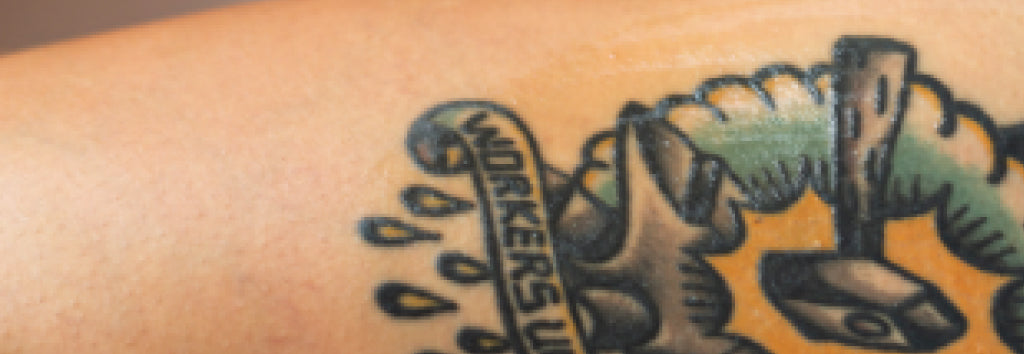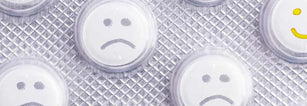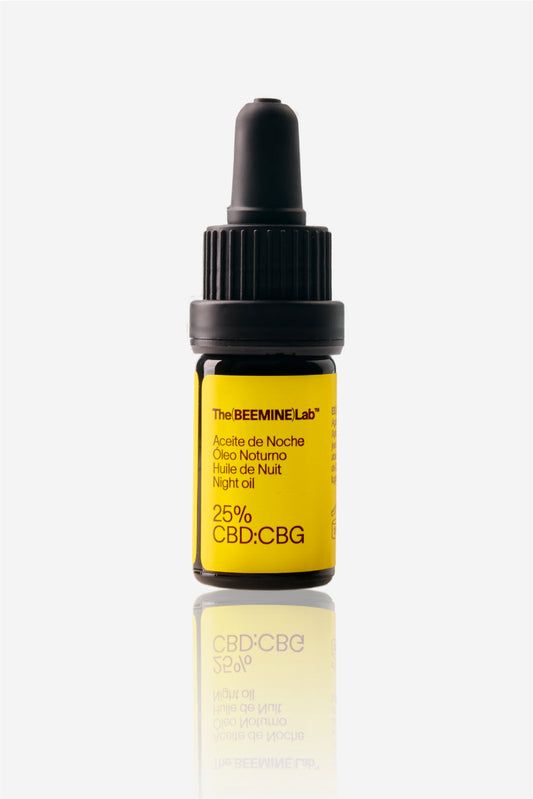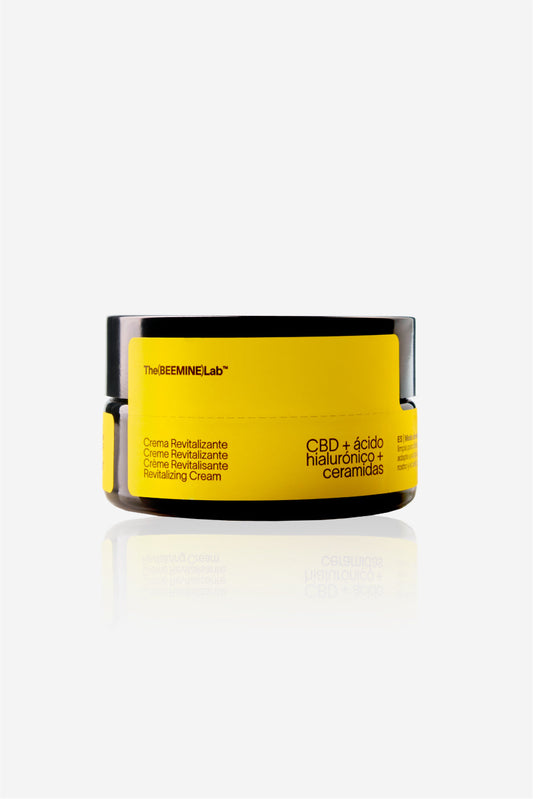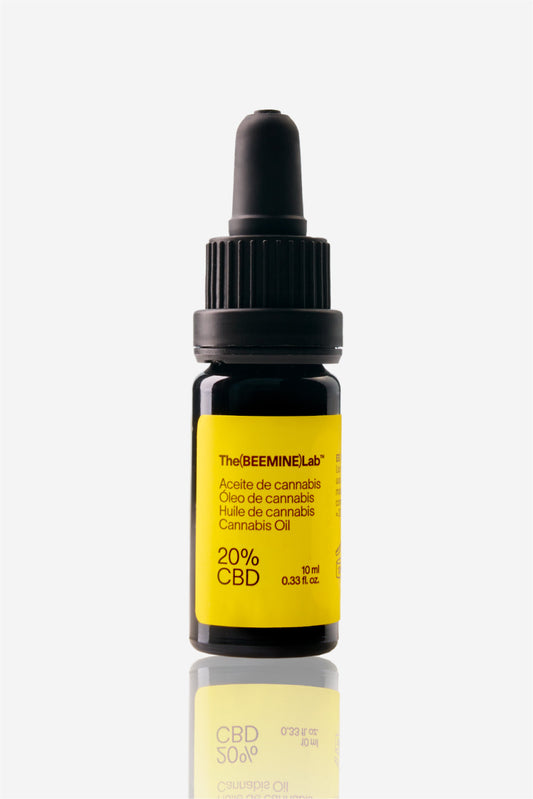Take these precautions when healing a tattoo
Tattooing is the act of decorating or adorning the skin by injecting indelible ink into it. Although there are ancient techniques for tattooing, nowadays there are more sophisticated methods. In recent years, tattooing has become more normalized, removing certain stigmas that existed about people who have tattoos. This has led to the need to find the best way to heal a tattoo, so that it heals well and looks even better. Below we can see the traditional recommendations for healing a tattoo . 1.- Adequate hygiene : a tattoo is an aggression on the skin , so the most important thing when treating a wound is to keep it clean . This way we avoid infections and eliminate any ink residue that may have been left behind. For hygiene, the most recommended thing is to use water together with a pH neutral soap that respects the skin and is not too aggressive. 2.- Protection and repair : keeping the tattoo protected and covered during the first few days is essential, as is usually done for the time indicated by the tattoo artist. To repair the tattoo and complete the protection, creams or ointments with healing components such as panthenol, centella asiatica or hyaluronic acid are often used. 3.- Avoid solar radiation: solar radiation on a wound or damaged skin can be fatal for normal healing. The same is true for tattoos, as sunburn could have catastrophic results. Therefore, it is always best to protect the tattoo intensely from the sun for at least the first two weeks. For this purpose, there are protective or healing ointments with mineral sun filters. 4.- Risk of infection: if despite all of the above your tattoo looks bad and is taking longer than usual to heal, it is possible that it has become infected. Therefore, it is vital to go to the doctor or pharmacist and use the antibiotic cream or topical antiseptic that they recommend.Can CBD help us heal tattoos?
As we already know, CBD is a naturally occurring cannabinoid that has demonstrated various beneficial properties and is being studied for many others. In the context of tattooing, it could be a very useful tool both to prepare us before a long tattoo session, and to care for and heal the tattoo already done. Various studies indicate that CBD could treat pain effectively , taking into account various mechanisms of action. Tattooing is a practice that is usually painful, although it will always depend on the degree of intrinsic tolerance in each person. Therefore, it can be a possible alternative to the misused anesthetic creams (lidocaine), which have known side effects, to relieve pain in a tattoo session (1).Benefits of CBD for healing tattoos
In addition to being an analgesic, CBD has anti-inflammatory properties , which makes it a good option to reduce skin inflammation after being injected with tattoo pigments. The dermis is the layer of the skin where the pigment is deposited and this, when attacked, becomes inflamed, since in addition to receiving a foreign agent, it receives physical damage. Therefore, topical or oral use of CBD would be good to reduce inflammation of tattooed skin , since it does not have effects on the healing process that negatively alter the result of the tattoo (2). The antioxidant power of CBD and the ability of the oil to hydrate and repair make the healing process have the ideal environment. By applying it topically in its oil form, we provide nutrients in the form of fatty acids so that the damaged skin generates new cells and the damaged tissue is repaired . The antioxidant power counteracts the free radicals generated during the aggression of the skin by the needles and will shorten the healing process (3)
Times when CBD can be used:
Before you get your tattoo
Although not everyone behaves the same, we are usually nervous before getting a tattoo. This is due on the one hand to the fact that it is an important decision that has few options of being reversible. And on the other hand it is due to the possible low tolerance to pain and needles. CBD has anxiolytic and sedative properties , making its oral use relax us and prepare us for a tattoo session (4).During the session
Applying a topical and/or oral cream or oil may decrease the perception of pain in the affected area . However, it is always best to consult your tattoo artist as he or she must make the decision based on whether this may affect his or her needle work.After getting tattooed
Probably the best and most appropriate time would be to moisturize and soothe your tattoo with a CBD cream or oil. Its restorative, antioxidant, anti-inflammatory and analgesic properties will relieve and improve the healing process.Things to consider when using CBD to heal tattoos
Tattooing is an aesthetic or decorative practice that is becoming more and more normalized in society , being something very common or frequent in a large part of the population. Since it is a direct aggression on the skin, it is always necessary to follow some guidelines to avoid the risk of infection or inadequate healing . Poorly healing a tattoo can lead to it not having the expected result, leaving very unattractive marks or even an infection that requires medical attention. The degree of pain during the tattoo session will depend on the area of the body that is being inked and the pain threshold of each individual. CBD is a 100% natural product, without psychoactive properties, extracted from Cannabis . It has been shown in various studies to have anti-inflammatory, analgesic, and antioxidant properties, making it a possible ally during the tattooing process. Its oral use prior to the session could reduce anxiety, nervousness, and pain that the person getting a tattoo usually suffers, without producing a narcotic effect or generating tolerance. It could then be applied topically to the tattoo for its anti-inflammatory and antioxidant properties, facilitating the healing of the tattoo without affecting its design. Remember to consult your tattoo artist before using any CBD product. Do not forget that CBD could have interactions with some medications, so it is always best to ask your doctor or pharmacist if you are undergoing any pharmacological treatment. Literature:- Boyaji S, Merkow J, Elman RNM, Kaye AD, Yong RJ, Urman RD. The Role of Cannabidiol (CBD) in Chronic Pain Management: An Assessment of Current Evidence. Curr Pain Headache Rep. 2020 Jan 24;24(2):4. doi:10.1007/s11916-020-0835-4. PMID: 31980957.
- Xiong W, Cui T, Cheng K, et al. Cannabinoids suppress inflammatory and neuropathic pain by targeting ?3 glycine receptors. J Exp Med. 2012;209(6):1121-1134. doi:10.1084/jem.20120242
- Atalay S, Jarocka-Karpowicz I, Skrzydlewska E. Antioxidative and Anti-Inflammatory Properties of Cannabidiol. Antioxidants (Basel). 2019;9(1):21. Published 2019 Dec 25. doi:10.3390/antiox9010021
- Shannon S, Lewis N, Lee H, Hughes S. Cannabidiol in Anxiety and Sleep: A Large Case Series. Perm J. 2019;23:18-041. doi:10.7812/TPP/18-041

